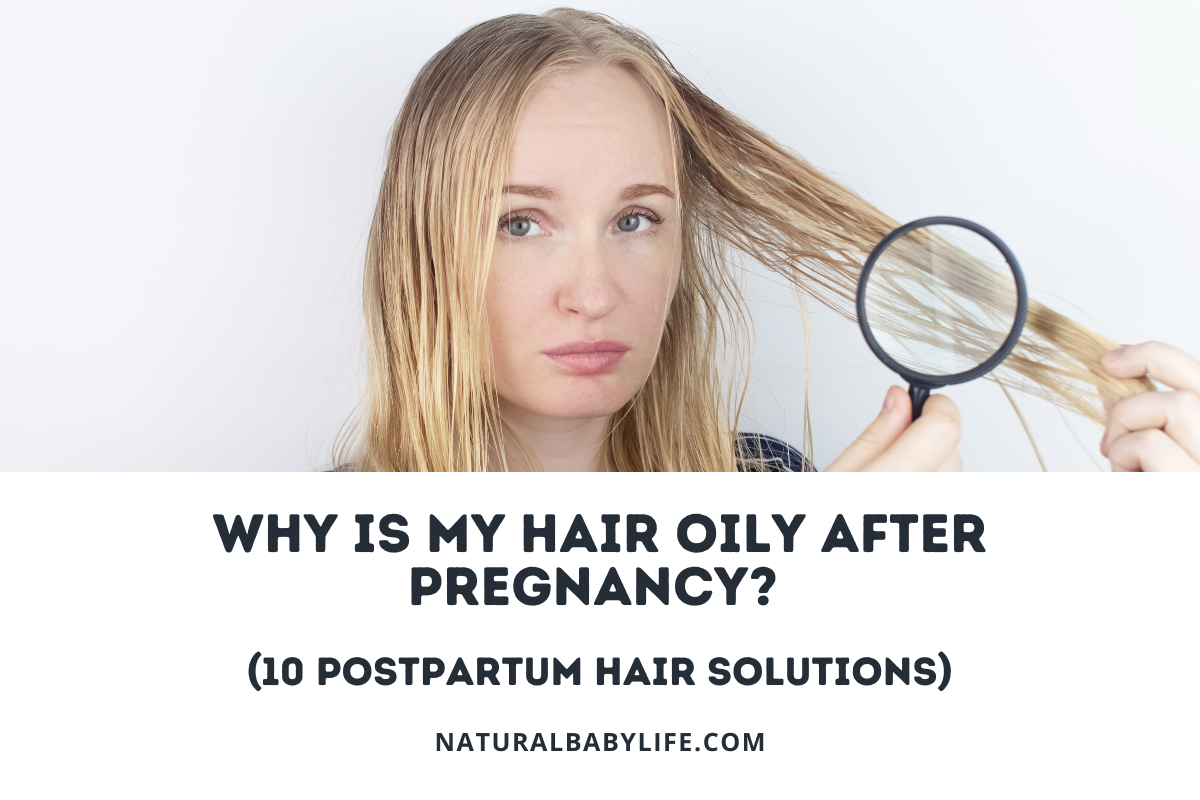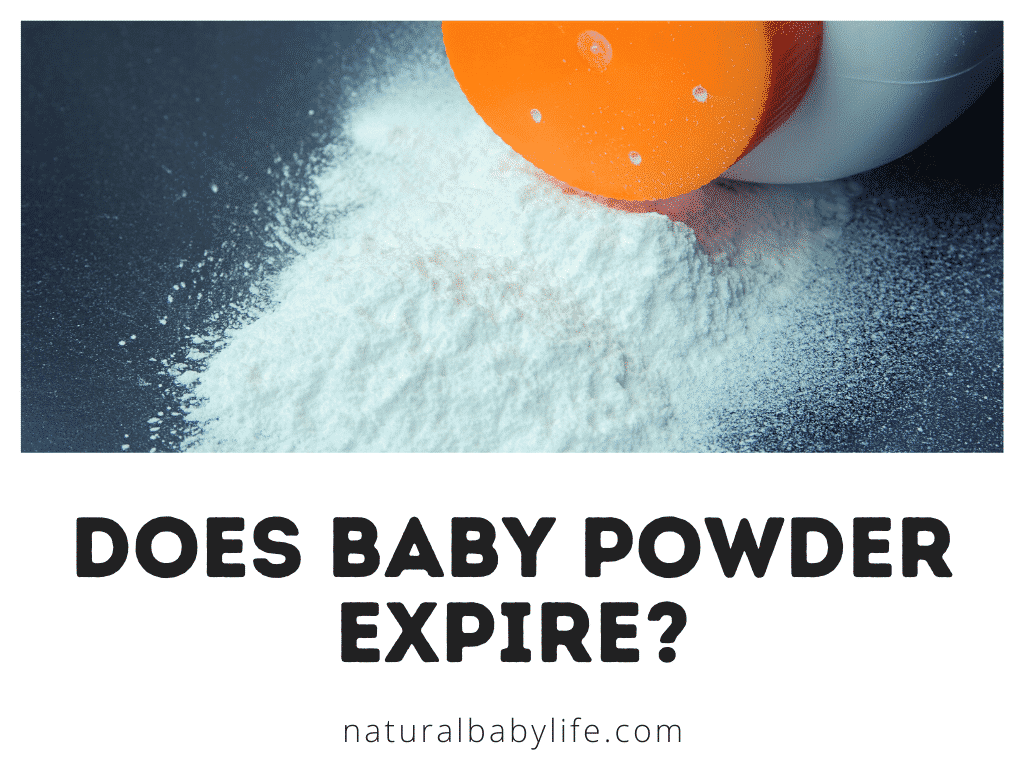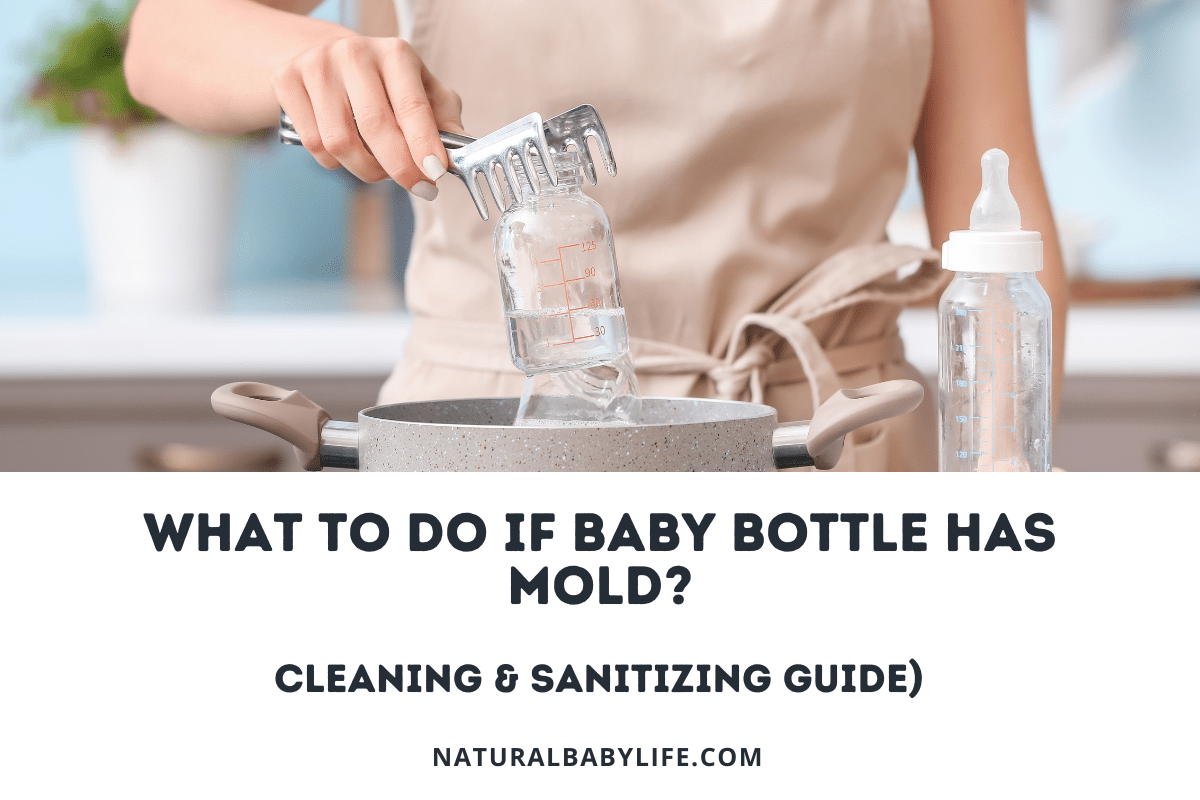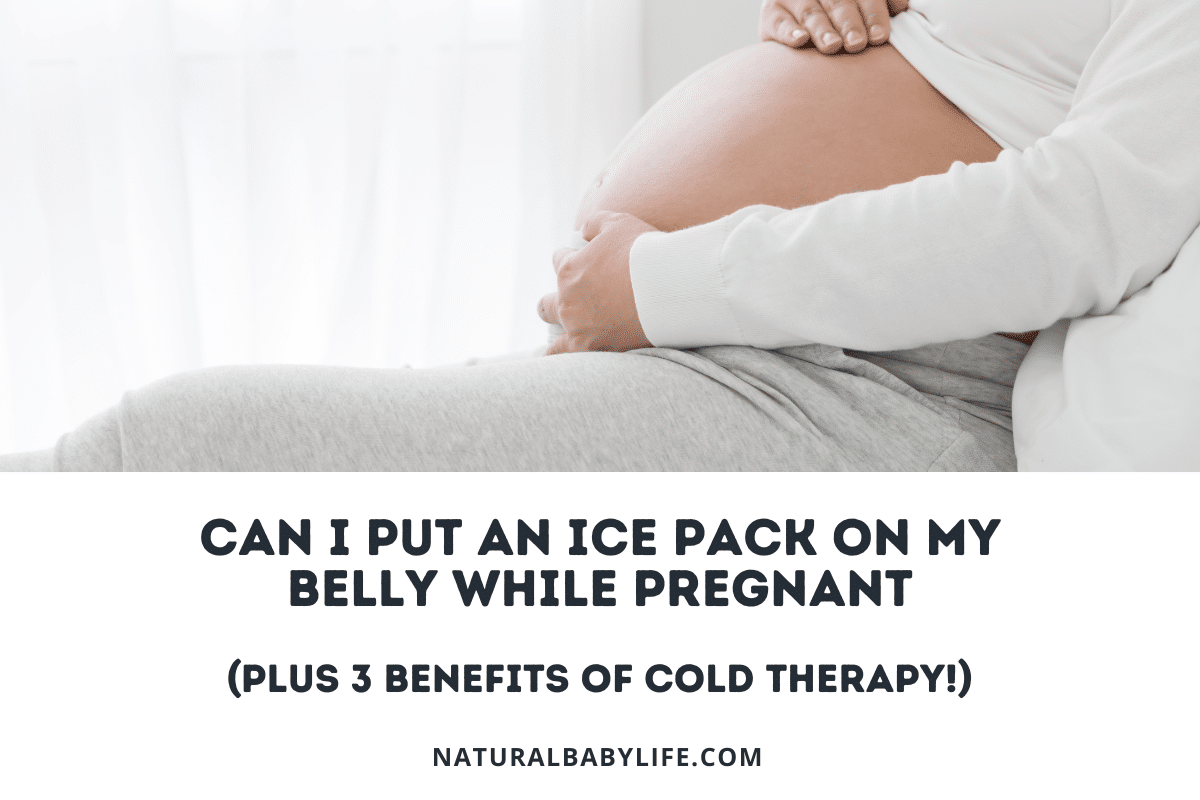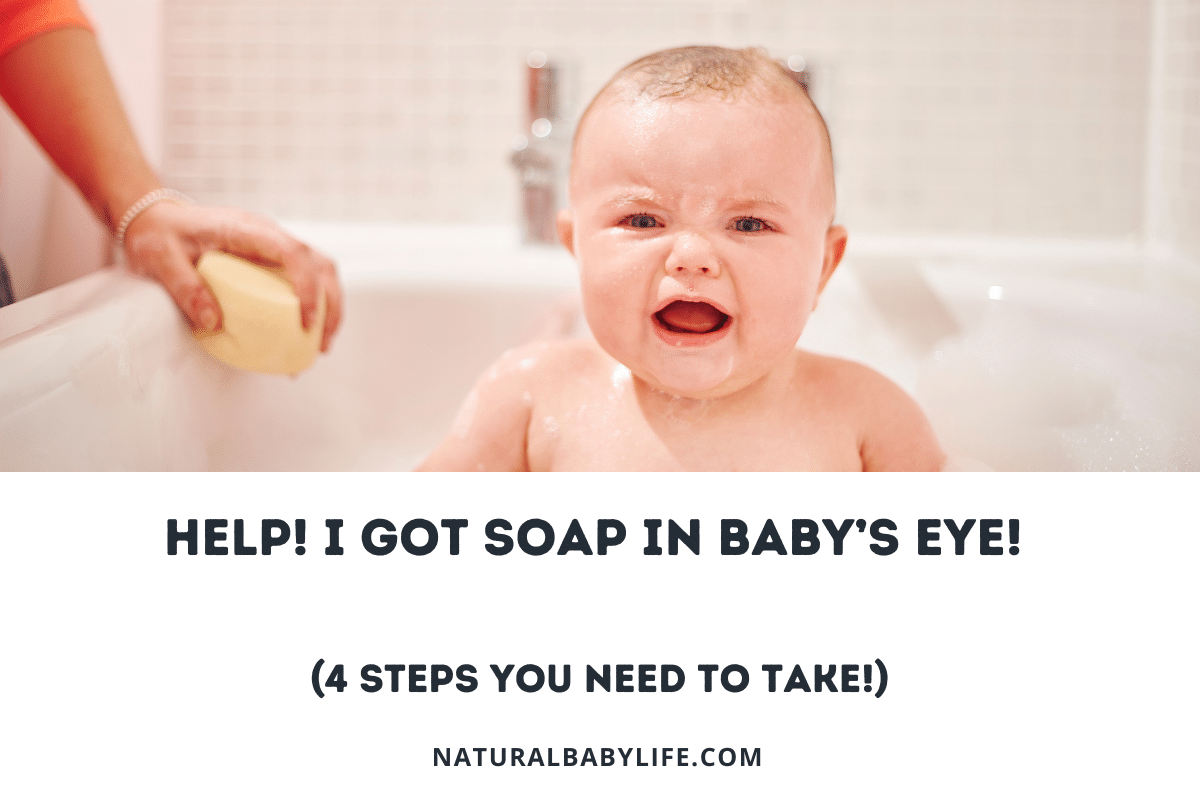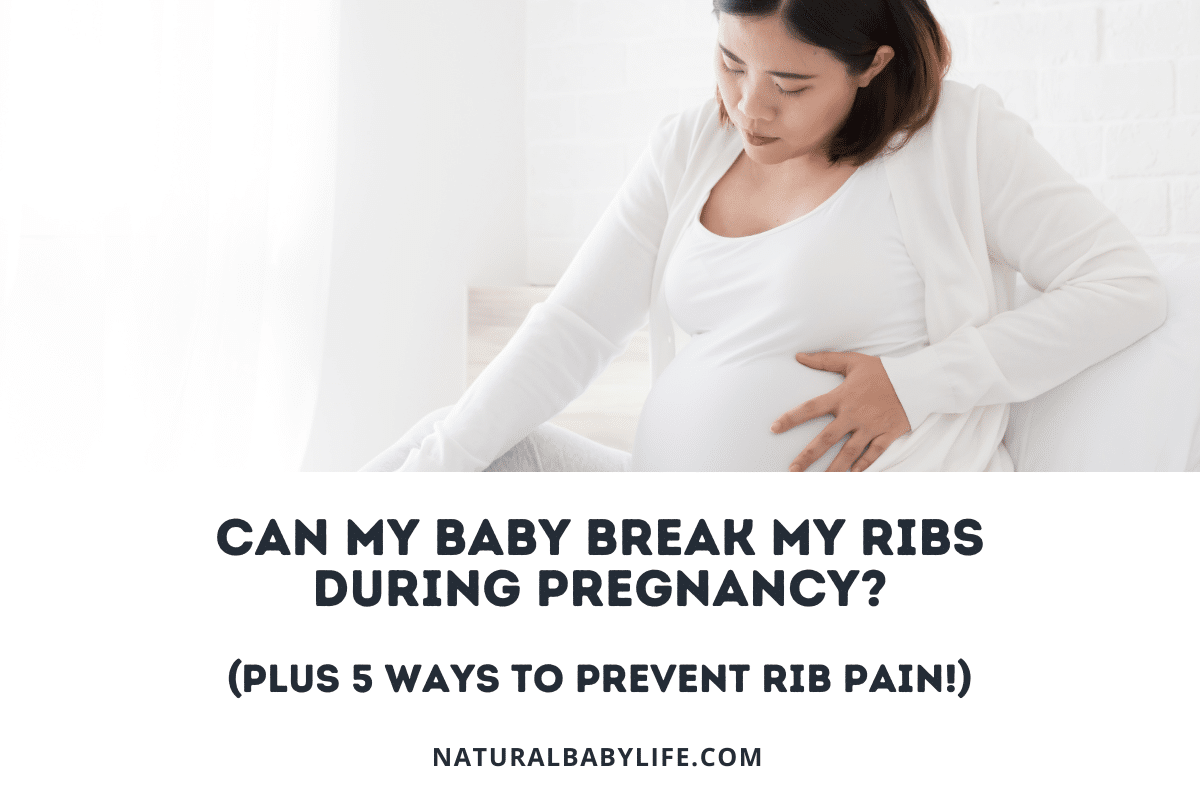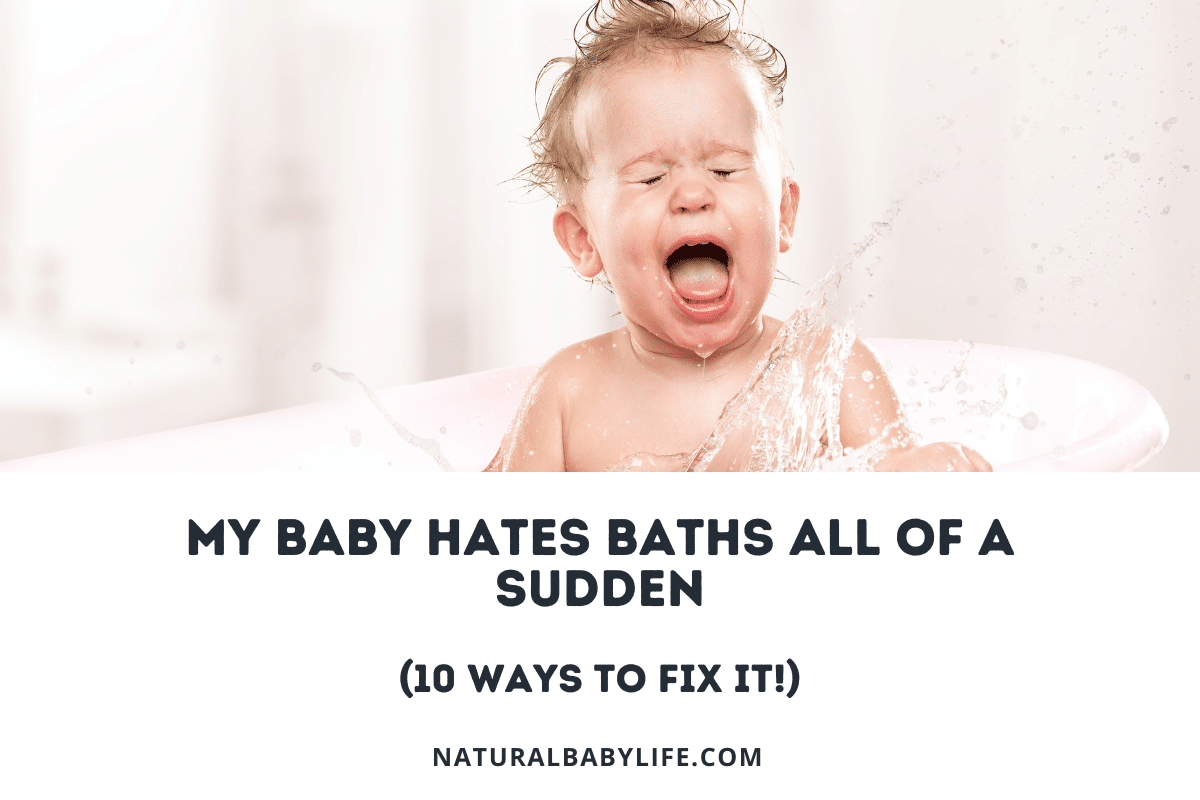The postpartum period can lead to a myriad of unexpected problems, including changes to your hair. Many postpartum women find themselves with extremely oily hair and wonder how to get their hair back to normal.
It is common for hair to be oily after pregnancy due to changes in hormones, and the best solution is to use a mild shampoo or make simple changes to your hair routine. However, vitamin deficiency can also contribute to an oily scalp and taking vitamin B supplements can be an effective solution.
The key to finding the best treatment for your oily scalp is determining the cause. Keep reading to find out the main causes of postpartum oily hair and what you can do to remedy the situation.
Table of Contents
The causes of postpartum oily hair
When you’re newly postpartum, how you look is often the last thing on your mind. But if you have oily hair all of a sudden, you’re likely wondering what is causing this change. Every woman’s body reacts differently to postpartum changes, but here are the most common causes of postpartum oily hair.
Change in hormones
Throughout pregnancy and the postpartum period, a woman’s body changes drastically, mostly due to an increase in hormones. Once you become pregnant, your body rapidly increases the production of estrogen and progesterone.
These hormones are what support the development of your growing baby, but after birth, the levels of these hormones begin to drop. This drastic decrease in hormones can lead to an oily scalp.
Lack of vitamins
Pregnancy takes a toll on a woman’s body, and lack of proper nutrition during pregnancy leaves many postpartum women nutrient deficient.
Not only is it difficult for women to get all the nutrients they need during the postpartum period, but their nutrient levels are likely already low since they were sharing nutrients with the baby throughout the pregnancy. Especially if you’re breastfeeding, it’s important to take a postnatal vitamin to ensure you’re getting the nutrients you need.
A lack of B vitamins in the body can directly impact oil, or sebum, production, which can cause oily hair and oily skin. This is why B vitamin supplements have been used in studies as a treatment for acne. Proper sebum regulation is what prevents oily hair from happening, but when you’re vitamin deficient, your body might over produce oil.
Diet
Nutrition during pregnancy and postpartum is a crucial part of recovering and healing from the impact of birth. But especially during postpartum, it’s easy to miss meals or eat unhealthy food when you’re sleep-deprived and caring for your baby 24/7.
An unhealthy diet can negatively impact your physical health in numerous ways, including the health of your hair. If you’re lacking key nutrients in your diet, this can lead to inflammation, further depleting your body of necessary vitamins. These deficiencies can impact your body’s oil production, and contribute to overall stress levels. Iron and magnesium deficiencies are two of the most common for postpartum women, and magnesium deficiencies have even been linked to postpartum depression.
How long does postpartum oily hair last?
How long postpartum oily hair lasts depends on the cause of it. After birth, the hormones that were increasing during pregnancy, immediately start to decrease. Many of the postpartum symptoms are due to this change in hormones.
If the changes in your hair are due to a shift in hormones, your hormones will return to their pre-pregnancy levels around 6 to 8 weeks postpartum. On the other hand, if a vitamin deficiency is the cause, it could take up to 3 months for your levels to return to normal, but you should see gradual improvements within the first few weeks.
Is greasy hair related to breastfeeding?
Since hormonal changes may be causing your oily hair, it’s important to note that breastfeeding causes additional hormonal changes. A woman’s body produces both prolactin and oxytocin during breastfeeding, which can contribute to her excess oil production.
Other potential postpartum hair issues
Oily hair isn’t the only potential hair issue during the postpartum period, but it is a common ailment for many women. The changes to your body during this time of recovery can also lead to problems such as postpartum hair loss.
Postpartum hair loss
The most common hair problem during postpartum is postpartum hair loss, also known as shedding. 40 to 50 percent of all women experience this ailment after birth. Although the severity varies, it’s typically known as shedding because it’s not true hair loss, it’s simply shedding caused the decrease of estrogen. The hair that was growing rapidly during pregnancy, begins to rapidly shed during the postpartum period.
10 practical solutions for oily hair after pregnancy
Postpartum oily hair can make it difficult to feel confident after giving birth. But the good news is, you’re not alone with this issue. Postpartum oily hair is a common problem, but there are many solutions that will help you fix it in a natural way. Here are 10 practical solutions for oily hair after pregnancy:
- Use a mild shampoo
- Use shampoo and baking soda
- Change your shampoo routine
- Clean your hairbrush
- Get out in the sun and exercise
- Use less conditioner
- Take B vitamins
- Focus on eating healthy foods
- Try dry shampoo
- Wash with apple cider vinegar
Use a mild shampoo
Using a mild shampoo is the most recommended solution for oily hair postpartum. The idea behind this is stripping your hair of its natural oils actually increases the oil production, leaving you in a never-ending oily hair cycle. Instead of using a shampoo that will strip your hair of all the natural oil, a mild shampoo will keep your hair clean without removing the natural oil.
Use shampoo and baking soda
Another solution to postpartum oily hair is avoiding shampoo for a while, and often, baking soda is recommended for use instead. But adjusting to the lack of shampoo can take time for your hair, so if this isn’t an option, try combining shampoo and baking soda. Baking soda, dissolved in water, is a natural way to strip your hair of any buildup, which could be contributing to your greasy scalp. If you are using baking soda, be sure to use a shampoo that is ammonium-free.
Change your wash routine
Finding a wash routine that works for you can be tricky, and the results often depend on specific hair types. Some moms find that they wash their hair only once or twice a week, but they’re still dealing with oily hair. Try changing up your wash routine to combat oily scalp. If you’re washing your hair infrequently, try washing it one extra day a week. And if you’re washing it every day, try slowing it down to every other day.
Clean your hairbrush
One of the simplest solutions to try is to simply clean your hair brush. It’s something we don’t think about often, but a dirty brush could be contributing to your oily scalp. The quickest and most effective way to clean your brush is to soak it in some warm water and dish soap.
Get out in the sun and exercise
Exercise is a great way to reduce stress, and if you exercise outside, you’re killing two birds with one stone. Not only can stress lead to greasier hair due to the stress hormone, cortisol, but vitamin deficiency can also contribute to this problem. The sun gives you a boost of vitamin D, which can not only improve your mood, but it also helps with hair growth, counteracting postpartum hair loss.
Use less conditioner
Using an excessive amount of conditioner can contribute to oily hair and product buildup. One solution is to use a smaller amount of conditioner, or to condition only the ends of your hair. Keeping the conditioner off your roots ensures the ends are soft without adding to the oil on your scalp.
Take B vitamins
Since not getting enough B vitamins can be a cause of excess sebum production, it’s beneficial to take B vitamins to see if this helps regulate your oil production. However, if you have concerns about vitamin deficiency, be sure to talk to your doctor first.
Focus on eating healthy foods
Not only does your diet affect your overall physical health, but healthy foods are also an excellent way to get all the vitamins and nutrients you need. If you’re looking to increase your Vitamin B intake through healthy foods, prioritize eating leafy green vegetables and fresh fruits each day. Foods such as beans, meat, and fortified cereals are also a great source of Vitamin B.
Try dry shampoo
Dry shampoo is a mom’s best friend since it’s the easiest way to freshen up your hair without actually washing it. But it can help with oily scalp because it allows you to go longer between washes, avoiding stripping your hair of its natural oils. The dry shampoo also soaks up some of the oil, helping to dry your hair out.
Wash with apple cider vinegar
If you’re looking for another natural way to restore your hair to its previous, shiny state, try washing it with apple cider vinegar once a week. This is a safe and natural way for postpartum moms to clean their hair and reduce product buildup. Apple cider vinegar can also help balance the pH levels of your hair, encouraging hair growth.

